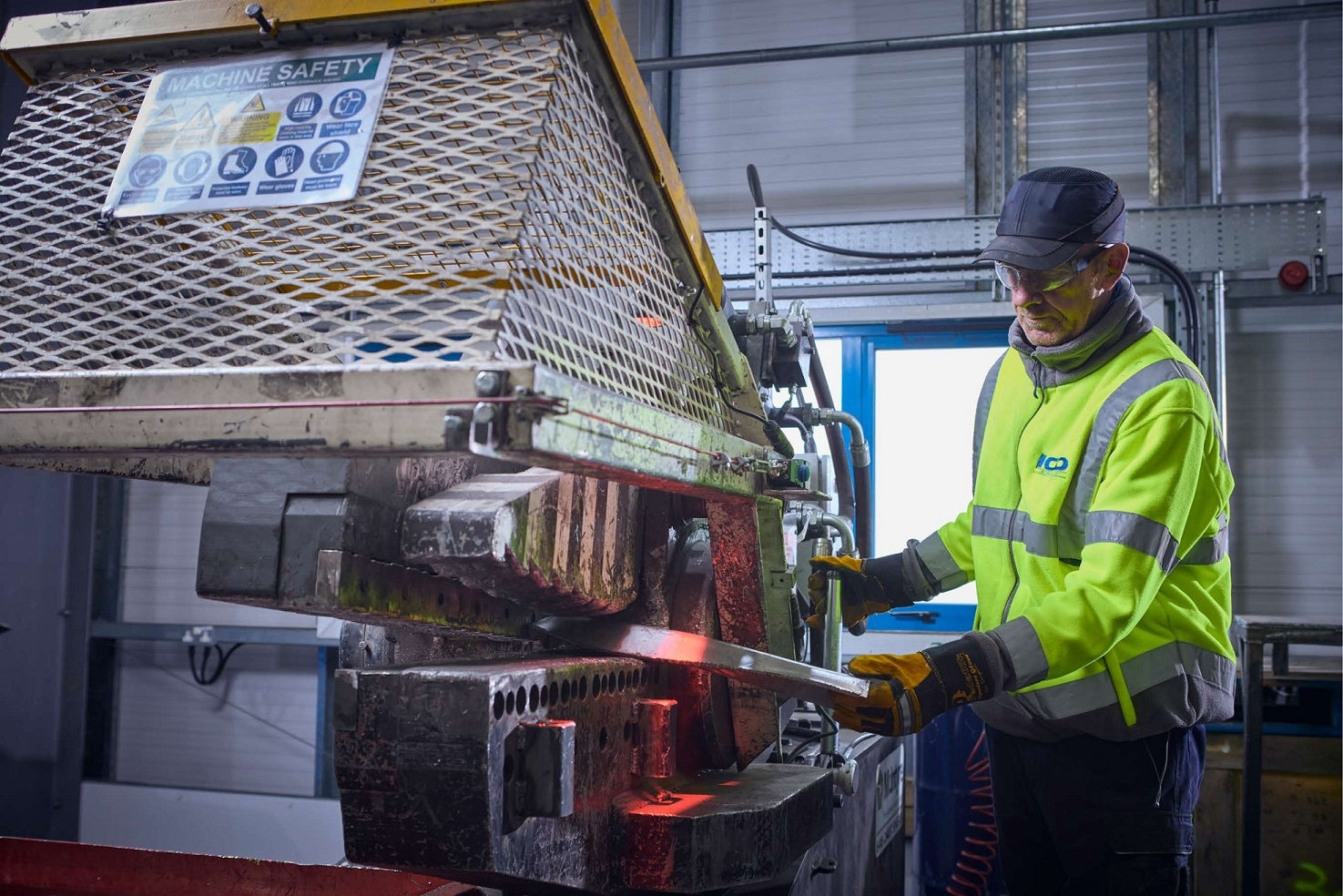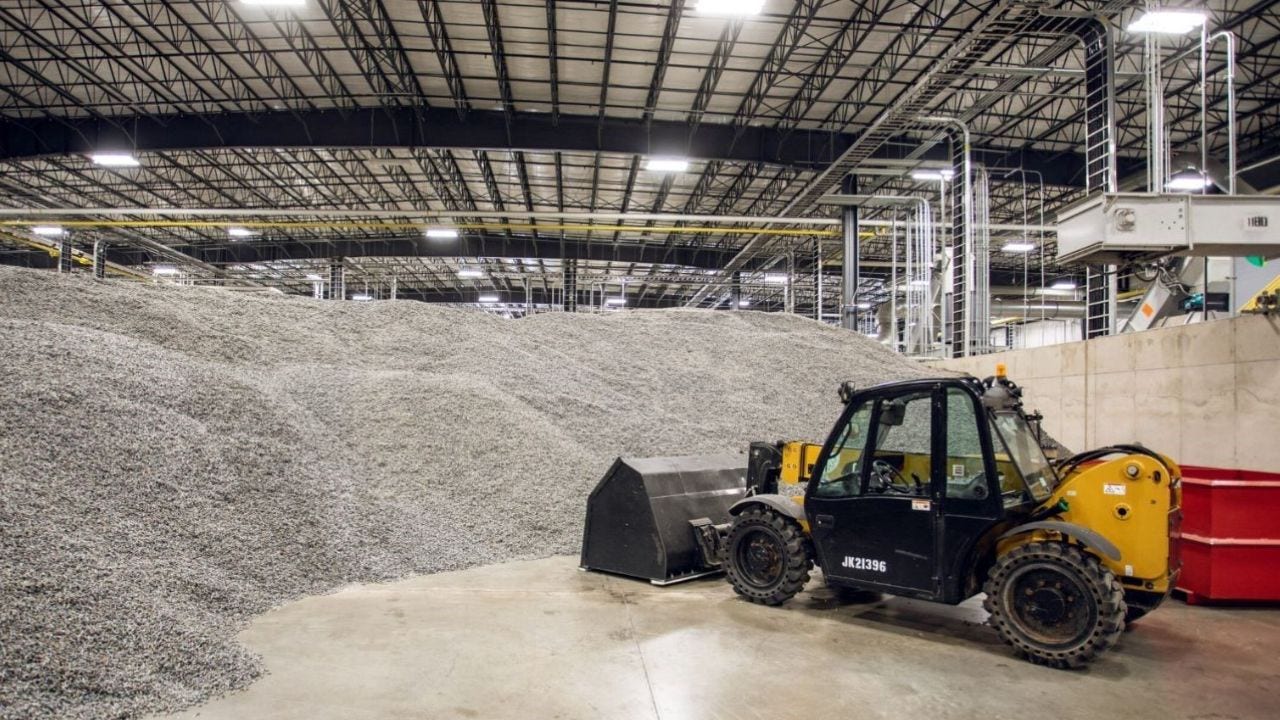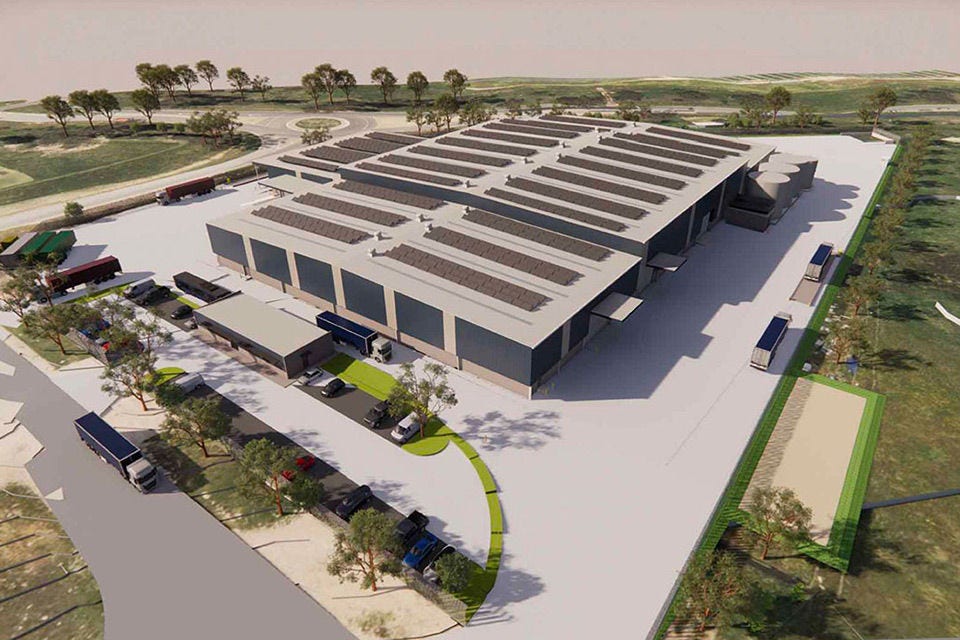Australia is rich in critical minerals but has limited capacity to reclaim them from scrap metal. This will change in 2025. Sheffield recycling company ICD is setting up a new facility in Canning Vale, Western Australia to reclaim and process critical minerals and precious metals. The metals will be sold as speciality alloys to industrial customers in Australia, Japan, Korea and Southeast Asia.
‘We currently supply customers in Asia from recycling facilities here in Sheffield,’ says Chris Brzozowski, Commercial Director, ICD Europe. ‘This investment will bring new recycling expertise to Australia, build exports to Asia, and eliminate a lot of shipping.’
From Sheffield, UK to Canning Vale, WA
ICD Group recycles, manufactures and distributes speciality materials. In the UK, the company has a 50-strong workforce at an alloy facility in Sheffield, the historic home of the UK’s speciality steel industry. It also has a similar-sized team based in Winston-Salem, North Carolina.
In 2024 ICD Europe announced a major global expansion, setting up ICD Superalloys Australia in Western Australia. It is building a 3,500-square-metre facility to extract and recycle high-value critical minerals from scrap. These include molybdenum, tantalum, tungsten, hafnium, niobium and titanium, as well as nickel and cobalt.
According to Brzozowski, installation of new capital equipment should be completed in early 2025. The facility will likely employ 15 to 20 people in its first year and supply advanced manufacturing customers in Australia. It will also supply existing ICD customers in Asia.
Perth: an investment springboard for exports to Asia
Multiple factors drew ICD to Western Australia. The most important was strategic location.
‘One of our largest customers is already in Perth,’ says Brzozowski. ‘However, the time zones and shipping costs to and from the UK were impeding growth.
‘Then a year ago, the penny dropped. We asked ourselves: “Why don’t we build a facility in Australia and grow our business directly from there?”’
According to Brzozowski, Perth is the ideal location. It is close to ICD’s existing client base in Australia and has the shortest shipping times to Asia. A local facility would also help ICD cater to growing demand for minor metals and superalloys.
‘Having a facility in Perth would lower our carbon footprint and expedite turnaround times for customers across the region,’ says Brzozowski.
‘Australia is an exciting place to do business,’ adds ICD Chief Executive Alexandre Leviant. ‘Its position as a gateway to Southeast Asia makes it the perfect choice for ICD Group.’
 ICD’s facility in Western Australia is reclaiming and processing critical minerals and precious metals to be sold as speciality alloys to industrial customers in Australia and Asia.
ICD’s facility in Western Australia is reclaiming and processing critical minerals and precious metals to be sold as speciality alloys to industrial customers in Australia and Asia.
UK-Australia ties in critical minerals
ICD is part of a deepening strategic relationship between Australia and the UK. In April 2023, the 2 countries signed an official statement of intent to develop international supply chains in critical minerals and support net zero targets.
‘Critical minerals are increasingly important to the UK, and so are supply chains,’ says Brzozowski. ‘There are increased opportunities for collaboration – and so Australia was naturally on our radar.’
In late 2023, ICD executives met a delegation on critical minerals at Australia House in London. Brzozowski says this encounter made it clear that both the UK and Australia placed huge importance on reliable supply chains.
‘The delegation recognised that recycling is a huge opportunity – because so much is slipping through our fingers,’ he says. ‘This event reassured us that a move to Australia was a wise one, and that Australia would be receptive to direct investment. We’ve since had follow-up conversations including when we met with the Australian business delegation on critical minerals in June 2024.’
On-the-spot support for setting up in Australia
Austrade assisted in multiple ways.
‘We needed help with networking,’ says Brzozowski. ‘We wanted to work with local suppliers to get set up, but we didn’t know how that would work.
‘Austrade provided relevant sector information, support around visa pathways, and invitations to sector-specific events that involved critical minerals.’
Austrade also provided an introduction to the Western Australia (WA) Government. This helped ICD executives understand local factors, such as regulatory compliance and local skills availability in Perth.
‘They told us which WA departments to contact for licences and permits,’ says Brzozowski.
The Australia-UK Free Trade Agreement makes it easier for young, skilled and professional workers to move between Australia and the UK. Brzozowski says Austrade has advised on visa pathways. Partly as a result, ICD is set to relocate an expert from the UK in early 2025.
‘The visa process so far has been relatively painless,’ he says. ‘Austrade has helped, and I have to say it’s not proved a barrier to expansion.’
Promoting circular economy in Australia
The new facility is already sourcing scrap in Australia and extracting and recycling critical minerals. Brzozowski says that operations in Perth should be fully developed within 6 months.
‘Our Canning Vale facility will be a self-sustaining business,’ he says. ‘It will directly contribute to the circular economy in Australia and to exports. And it will hugely reduce our carbon footprint.’
Wayne Hawkes, Managing Director for ICD Europe, says the investment will give his company a competitive edge.
‘We are confident our expertise and state-of-the-art facility will position us as the leading provider of minor metals and recycled superalloy solutions in Australia and Southeast Asia,’ he says.
‘ICD is bringing new capability in recycling to Australia,’ adds David Fisken, Investment Director, Austrade. ‘This will play a key role in supporting circular economy and net zero transition goals in Australia.’
Subscribe to the Investment Update newsletter
Find out about new investment opportunities, insights and investor success stories across Australia.


